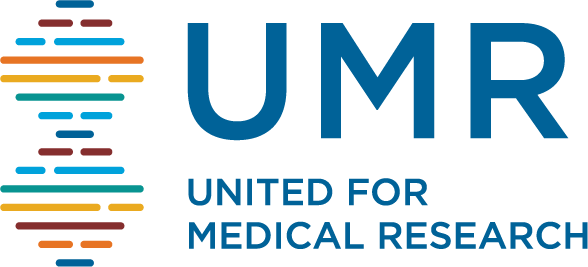March 30, 2023
_
On March 30, 2023, UMR wrote to U.S. Representatives Robert Aderholt and Rosa DeLauro, Chair and Ranking Member of the House Appropriations Subcommittee on Labor, Health and Human Services, Education and Related Agencies (“Labor-HHS”), urging for an increase of at least a $3.5 billion to the base budget of the National Institutes of Health (for a total budget of $51 billion) for the Fiscal Year 2024 appropriations bill.
The letter states:
Dear Chair Aderholt and Ranking Member DeLauro:
On behalf of United for Medical Research (UMR), a coalition of America’s leading research institutions, private industry, and patient advocates, congratulations on your leadership of the Senate Labor-HHS Appropriations Subcommittee in the 118th Congress! We look forward to working with you in the weeks and months ahead toward enacting strong funding for the National Institutes of Health (NIH).
As you approach this year’s Labor-HHS Appropriations bill, we ask that you invest a level of funding in Fiscal Year (FY) 2024 to match the exciting, unprecedented scientific opportunity across many disease areas. To continue our nation’s urgent mission to understand, treat and cure diseases like Alzheimer’s, cancer, diabetes, heart disease, obesity, opioid addiction and the threats posed by infectious diseases, we urge the Labor-HHS subcommittee to provide an increase to NIH’s base budget of $3.5 billion (for a total budget of $51 billion) for FY 2024.
Every day, research funded by the NIH has a direct impact on patient lives — from enabling people to make better-informed decisions about their health, to enhancing quality of life and saving lives. Consider these stories of patients and families whose lives were forever changed because of NIH-funded research. Eight-year-old James Lair whose slow growth stumped his physicians until his family found answers and treatment through the NIH-funded Undiagnosed Diseases Network. Wife and mother Cindi Dodd who suffered a massive stroke in her sleep and yet recovered fully thanks to an NIH-funded clinical study looking at the benefits of thrombectomy beyond the traditional six-hour “golden window” for stroke patients. And Jenelle Stephenson, who was one the first patients to participate in groundbreaking gene therapy trials conducted by NIH for sickle cell disease.
Beyond the central mission of saving and improving lives, a strong and sustainable NIH budget also has remarkable economic benefits in communities across the country. According to UMR’s most recent annual economic report, NIH research funding supported 568,585 jobs and generated $96.84 billion in economic activity in Fiscal Year 2022 — or $2.64 of economic activity for every $1 of research funding.
In bipartisan fashion, Congress has led the way in funding breakthrough research through NIH with eight years of sustainable Appropriations increases. Too much is at stake now for Congress to suddenly slow the momentum experienced within our biomedical research community, especially with chronic diseases each year costing the U.S. $3.7 trillion (equal to one-fifth of the U.S. economy).
Finally, UMR supports the goals of Advanced Research Projects Agency-Health (ARPA-H) and we believe funding for this new agency should supplement and in no way diminish critical funding to NIH’s base budget in FY 2024. It would be a mistake if federal dollars for this new agency came at the expense of NIH and its longstanding and successful mission.
Thank you for your leadership and for making a strong NIH a bipartisan, national priority. By providing NIH with at least a $3.5 billion funding increase for its base budget next fiscal year, Congress will help ensure the agency continues to improve and save lives across our great country. There is no investment more powerful or important than one that protects the nation’s health and provides hope to patients and families.

